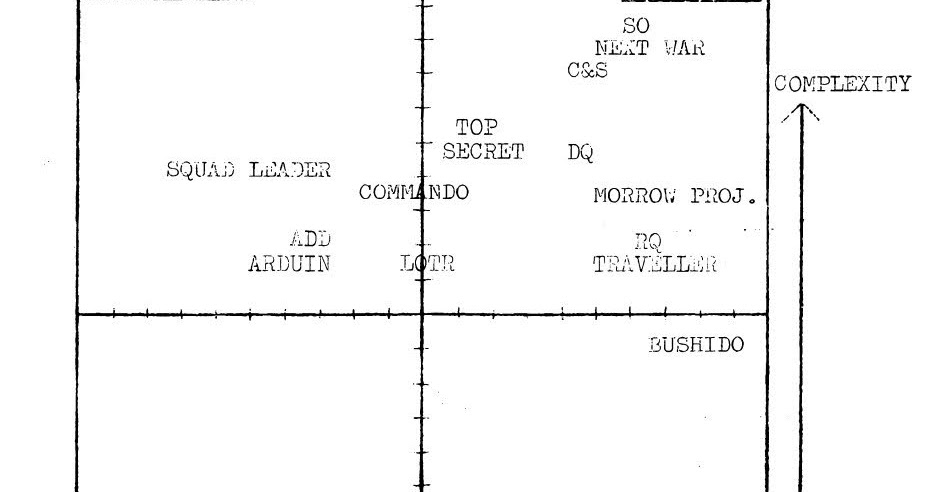This is the underlying point about
system matters to me. I believe
@hawkeyefan made a car comparison earlier, which is pretty apt. Many people don't necessarily care too much about the car - myself included - apart from the fact that it works, it's affordable, it's the right color, and it suits their daily needs (i.e., getting to work, room for family, etc.). Obviously the design and make matters, but it's an important to recognize that your Mini Cooper is not designed for off-road wilderness treks, hauling massive cargo, or top speed acceleration and handling. Automobiles are designed for different things.
Yes, automobiles are designed for different things. And yet ...
If there is a need for a family automobile in the United States, your best bet is a minivan. That is perfectly designed family hauler. Despite the fact that this is so amazingly-well designed for the task, families no longer buy them. At best, they buy SUVs, which are compromised in terms of space in comparison.
For that matter, look at the large numbers of pickup trucks in the US. I mean, sure, maybe Jake needs help moving this weekend. But the sheer number of massive, heavy-duty pickup trucks (especially in some areas of the country) seems to outnumber, by vast margins, the use-case for them. The number one selling vehicle in the United States last year was the Ford F-Series truck. Number 2? Chevy Silverado. 3? Ram Pickup.
If I choose to drive a manual early-2000 German convertible roadster as my daily driver, I am not doing so because it was designed to be the best at that task. In fact, I'd say that in terms of comfort, reliability, technology, and efficiency, it is not a very good choice at all. But because I rank fun and driving experience as my top goals, it would be my go-to.
The automobile market argues for precisely the opposite of what you are saying. It shows exactly how disparate preferences in multiple areas are more important than a singular focus on how a design for a specific task outweighs all other considerations. More importantly, much like an old man yelling at clouds, I can't scream at the people that they are wrong for buying SUVs or Pickup Trucks for their daily drives to work and shopping; just like they can't yell at me for loving stick shifts and ICE even though I am fully aware of EVs.
Well, people can and do yell at each other, but it doesn't change those opinions.
Again, for the underlying point (yes, there is a difference between an ICE and an EV, horsepower does matter, if you want to offroad for real- you need to change out a lot of your vehicle incl. the gearing ratios and the undercarriage, ec.) it is a truism to say that mechanics of the car you drive matters; but it is no less true to observe that people happily buy and use cars and saying that they are using it wrong, or that they should be driving something else (that they don't want to) is rarely a successful method of persusasion.

 playingattheworld.blogspot.com
playingattheworld.blogspot.com





